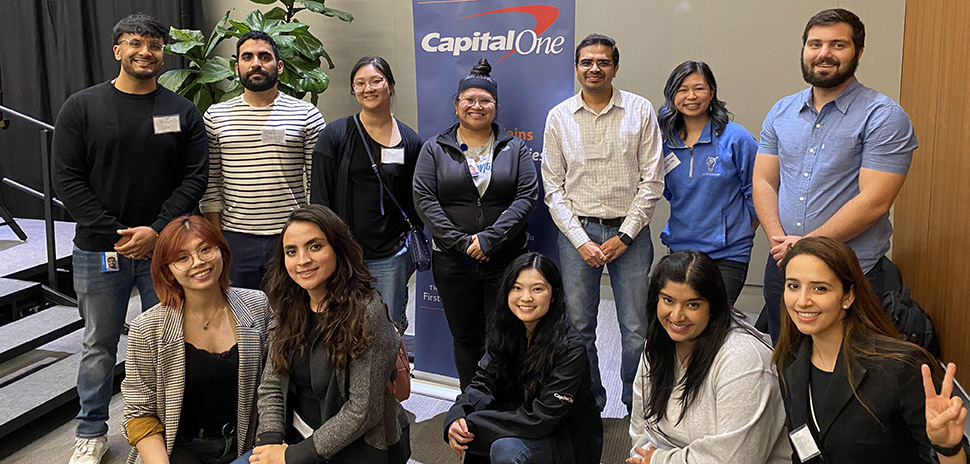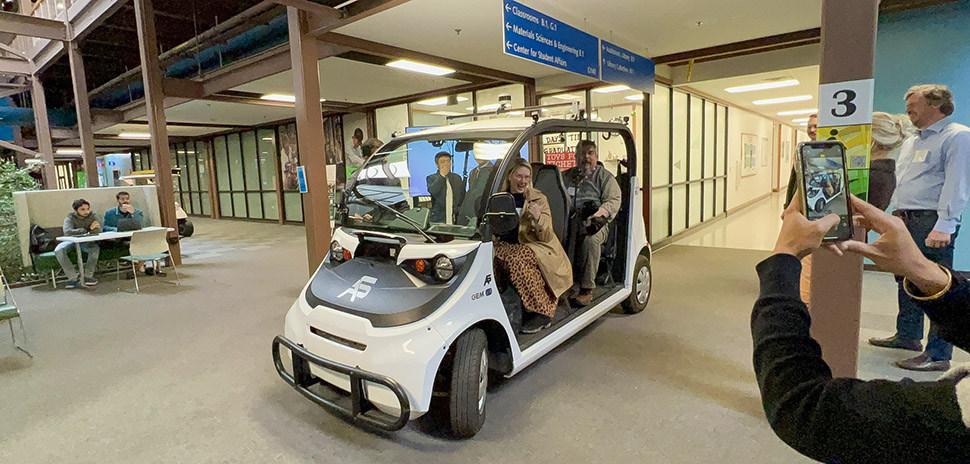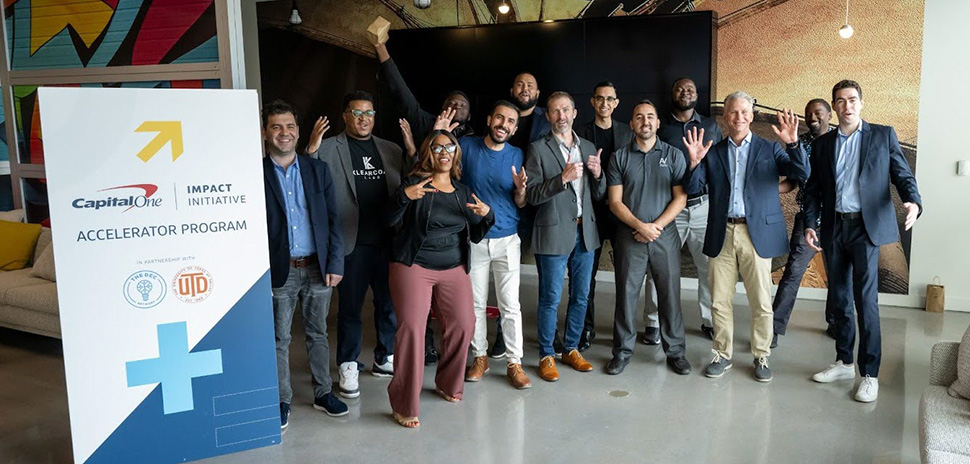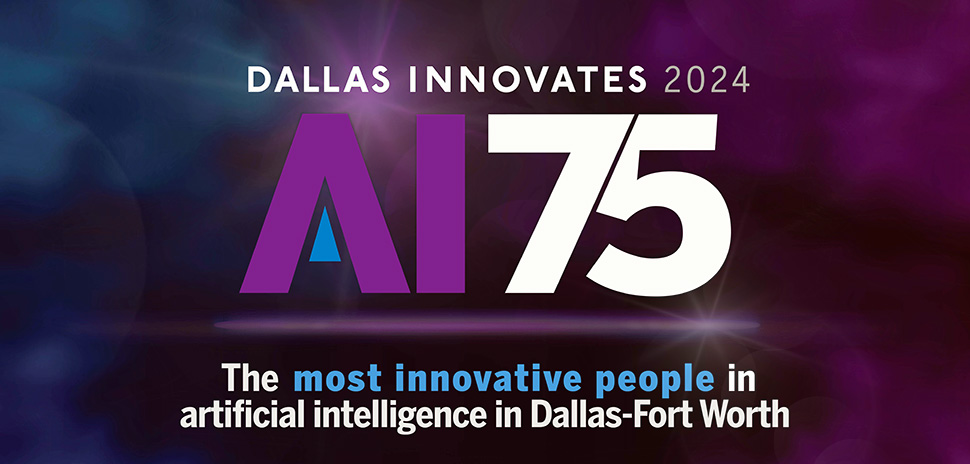![]() At the 2024 Capital One Reimagine Communities Summit, nonprofit leaders gathered to explore transformative strategies for unlocking access to opportunities, fostering deep partnerships and leading with heart—setting the stage for a new era of community impact and innovation.
At the 2024 Capital One Reimagine Communities Summit, nonprofit leaders gathered to explore transformative strategies for unlocking access to opportunities, fostering deep partnerships and leading with heart—setting the stage for a new era of community impact and innovation.
Diverse nonprofits, innovators, and experts from across Texas’ public and private sectors attended the eighth annual summit on May 14 at Capital One’s Plano campus, which included keynotes and panel discussions.
Barbara P. Bush, co-founder and board chair of the nonprofit Global Health Corps, which recruits and supports emerging global health leaders, set the tone as the opening keynote speaker.
The daughter of former president George W. Bush and former first lady Laura Bush, Barbara currently works for the NBA, where she leads the organization’s social responsibility efforts.
During her keynote, Bush emphasized the power of connectivity in fostering community impact, saying “connection is the opposite of transaction,” and highlighted the vital role of building genuine, lasting relationships in driving meaningful change.
Bush’s theme of connectedness was highlighted throughout panel discussions where throughout the day, three transformative themes were unveiled for nonprofit success and how they can significantly enhance impact and navigate the complexities of social change.
1. Embrace Technological Innovation to Address Challenges
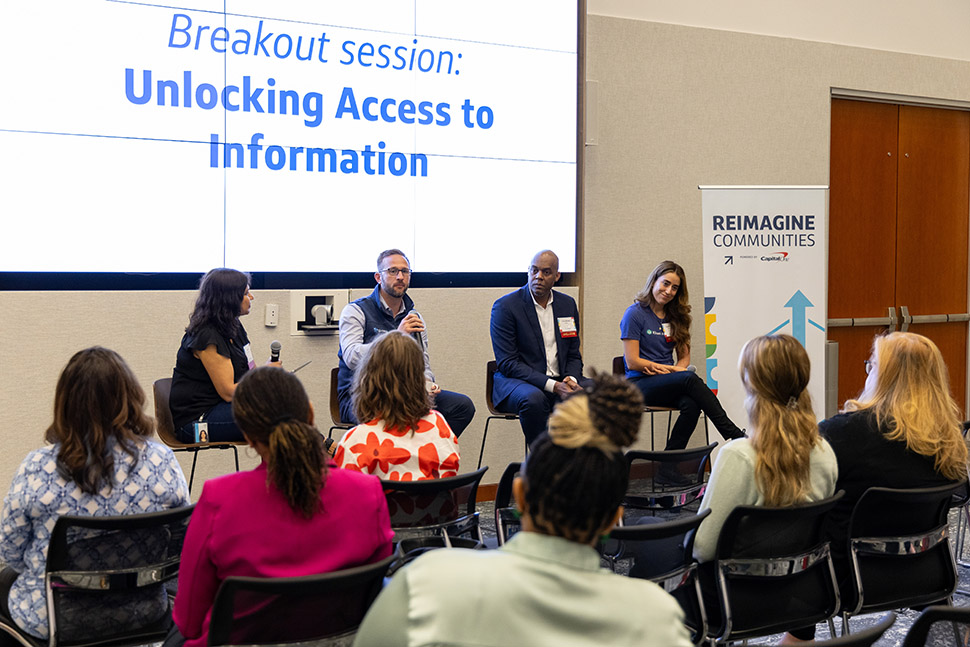
From left: Indu Jain of Capital One with panelists Adam Martel of Givzey, Corey Edwards of Mainstay, and Karla Gonzalez of Khan Academy. [Photo: Capital One Reimagine Communities Summit 2024]
During the course of the day, nonprofits heard from experts how embracing experimentation with innovative tools like Artificial Intelligence can help provide solutions to longstanding challenges like lack of resources, time, talent or money.
During a panel discussion titled Unlocking Access to Information, more than half of the attendees raised their hands when the panel experts asked who in the room was interested or being tasked by their nonprofits to utilize or incorporate AI in their work.
Corey Edwards, Vice President for Strategic Partnerships at Mainstay, advised everyone wanting to leverage AI, like ChatGPT, to “start small—pilot—and really figure out how you want to use it.”
Adam Martel, founder and CEO of Givzey, a fundraising documentation platform, said it’s important for companies and nonprofits to recognize when to utilize AI and when to have a person step-in—that AI and it’s functionalities can lack empathy and emotion that is sometimes required when engaging with specific audiences and community needs, but when used correctly, it can be a game changer.
“Artificial intelligence isn’t going to teach or provide empathy, or kindness, or love, but understanding how to use this technology that will help people do their jobs more efficiently and better, at a higher level, has the ability to change the world,” said Martel.
He encouraged those interested in using AI to pilot a ‘test-and-learn’ approach to help determine the best course of action into incorporating it long term. “You have the ability to use technology in a way that’s never been used before. Be brave, be bold, and just take some chances.”
Karla Gonzalez, a district success manager at Khan Academy, a nonprofit organization that creates online tools to help educate students, shared that Khan Academy uses AI to help enhance personalized learning experiences for students while improving their educational outcomes. Gonzales noted many of the students Khan Academy reaches are minorities qualifying for free or reduced-price lunches.
All students should have equal access to needed information, the panelists agreed, adding that artificial intelligence—if it’s used responsibly—has the potential to empower teachers and level the playing field in education.
“As technology is changing, it’s really important that those of us who are building the products, or companies that are building the products, are listening to the communities using the tools and taking [their feedback] into account,” Gonzalez said.
2. Forge Impactful Corporate Partnerships
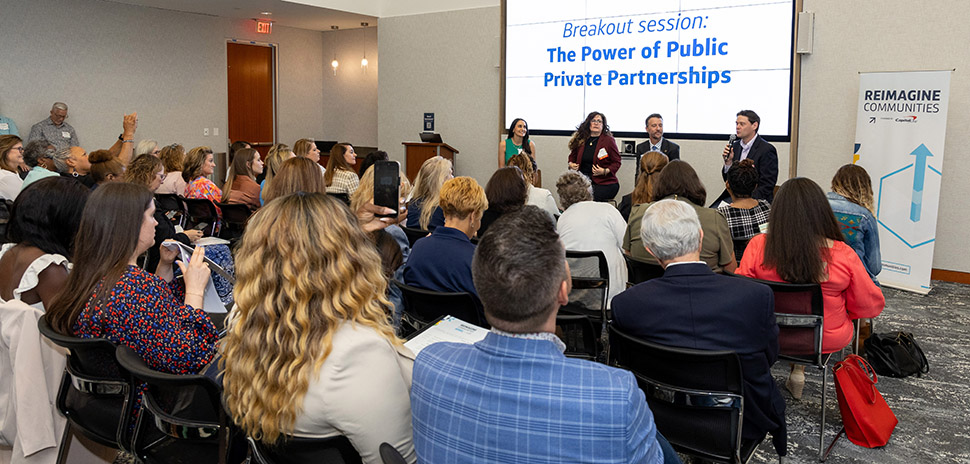
From right: Stuart Williams of Dala Communications with panelists Michael Lawson of Boeing, Robyn Johnston of Toyota North America, and Stephanie Wilcox of Thomson Reuters. [Photo: Capital One Reimagine Communities Summit 2024]
The keys to building enduring partnerships are two-way and continuous conversation between companies and nonprofits and maintaining a good relationship. Experts shared these tips and insights during the panel titled The Power of Public Private Partnerships: Nonprofit Fundraising, Management, and Governance.
Stephanie Wilcox, director of government affairs, social impact, and ESG for Thompson Reuters said opening the lines of communication with nonprofits allows companies to share resources often needed by nonprofits especially when it’s time to apply for grants and corporate assistance.“Then we can share with you what solutions we have,” Wilcox said. She continued saying companies like Thompson Reuters are constantly thinking outside the box, brainstorming new ways to access funding for community needs.
That’s also true for Boeing, according to Michael Lawson, senior manager of Boeing Global Engagement. He shared Boeing has and will continue to invest in community needs. He added the company is interested especially in providing opportunities for youth, in increasing housing stability, and in helping military veterans and their families transition from deployment to employment.
Honing in on the importance of continuous and two-way communication between companies and nonprofits, Lawson shared without knowing what’s top of mind for nonprofits, it’s more challenging to provide assistance where it’s needed most. “Corporations rely on nonprofits to identify areas of everyday need and share their perspectives on strategic, long-term solutions.”
Robyn Johnston, manager of community sustainability for Toyota North America agreed and said it’s more valuable to hear from the nonprofits on what its needs are. Johnston said, “Is there expertise that we can bring to the table to help you guys? It’s up to you … to come and tell us, ‘This is the need we have.’”
Johnston added that organizations like Toyota North America and other corporations are uniquely positioned to help nonprofits they’re connected with because they have the ability to meet and connect with other companies and elected officials to discuss what is needed from their nonprofit partners.
All panelists agreed it’s also vital for nonprofits to use tech to track their progress and influence, saying the ability to illustrate how they’re making a difference in turn can help their corporate partners. “It’s important for us to show our executives how we’re making an impact,” Johnston said. “It’s all about getting the ‘numbers people’ into the community to see the change and the real work that’s being done.”
3. Drive Meaningful Change
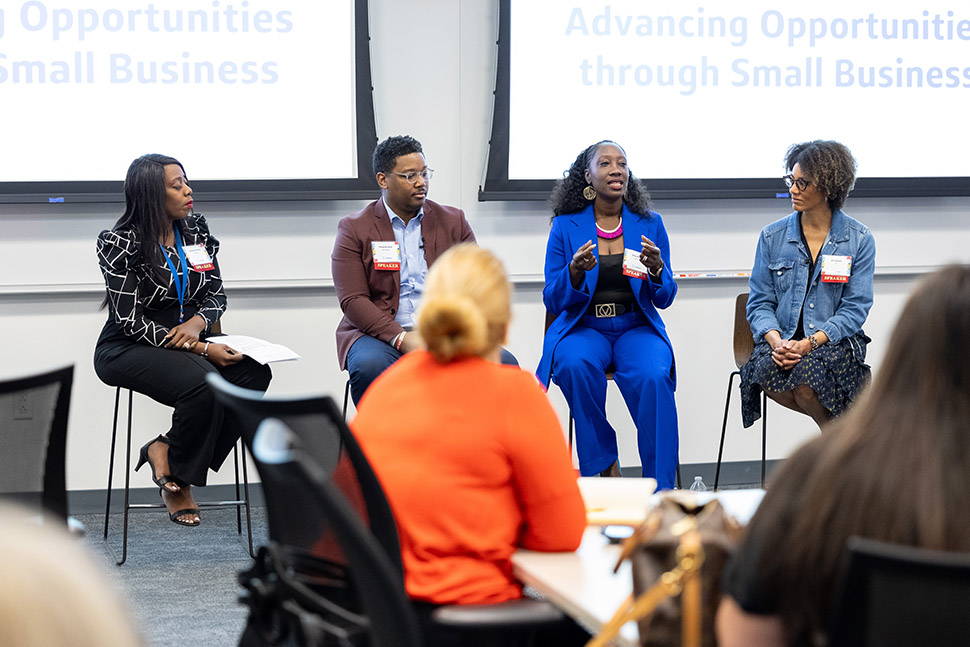
From left: Andrella Thomas of Capital One with panelists Benjamin Vann of Impact Ventures, Erica Molett of Kandake Tech and Expansion Solutions Consulting, and Jill Johnson of the Institute for Entrepreneurial Leadership. [Photo: Capital One Reimagine Communities Summit 2024]
Nonprofits have a critical role to play when it comes to educating, connecting, and supporting entrepreneurs, especially those from historically excluded backgrounds, to help bridge the persistent racial and gender wealth gaps. This was an overall sentiment from experts during the Advancing Opportunities through Small Business panel, who shared innovative strategies for nonprofits working toward economic empowerment and inclusion.
Benjamin Vann, founder and CEO of Impact Ventures, a startup accelerator that’s working to empower communities of color to build generational wealth through integrated capital and inclusive entrepreneurship, emphasized the importance of education — getting entrepreneurs capital-ready and preparing them early with the essentials of financial management.
He stated providing financial literacy education enhances the chances of nonprofits getting funding and sustaining its growth effectively over time. His business, Impact Ventures, began offering a Capital Readiness Program to help early-stage businesses “learn the ins and outs of their finances” in order to secure loans.
Vann also spoke about innovative funding models and how he’s seeing philanthropists and other nontraditional funders stepping up as financial guarantors. He shared this funding approach can be a game changer for underserved entrepreneurs ensuring the financial backing they need regardless of their traditional creditworthiness.
Changing mindsets about money and asking for help is something Jill Johnson, co-founder and CEO of the nonprofit Institute for Entrepreneurial Leadership, mentioned is another critical barrier to progress in many marginalized communities.
She noted the cultural and educational barriers in discussing and managing money and how nonprofits have the opportunity to focus on programs that change these mindsets, especially among historically excluded populations. She said, “encouraging open conversations about financial needs and educating on the importance of financial literacy can empower more individuals.”
Johnson suggested nonprofits take a closer look at businesses that are already generating significant revenue but could do much more with the right support. She highlighted the untapped potential for wealth creation in these enterprises, suggesting that nonprofits could make a substantial impact by focusing on these ready-to-scale businesses.
Unlocking Access
All of the recommendations shared during the panels aim to help reimagine how nonprofits can effectively contribute to socioeconomic mobility and equity.
The Reimagine Communities Summit is part of Capital One’s Impact Initiative. Through this initiative, Capital One actively listens and partners with, and invests in small businesses and nonprofits to advance economic mobility and increase social capital with the aim to close gaps in equity and opportunity and foster well-being in local communities.
GALLERY
Capital One Reimagine Communities Summit 2024
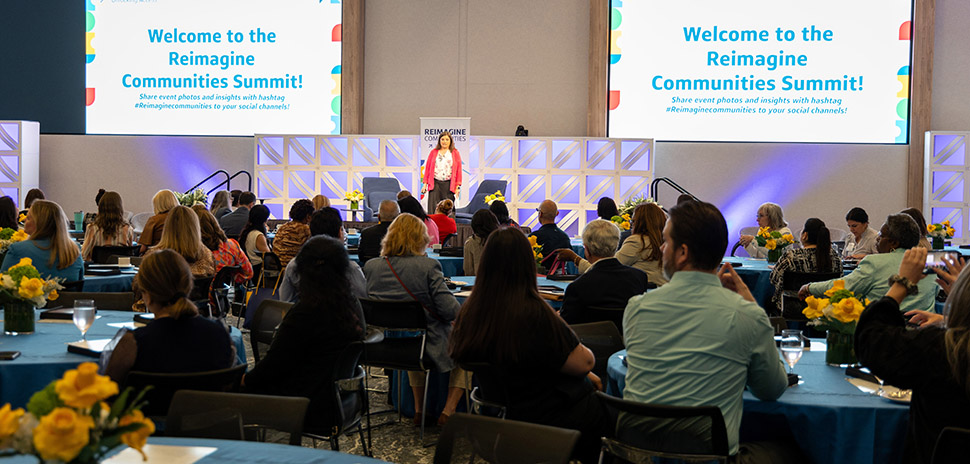
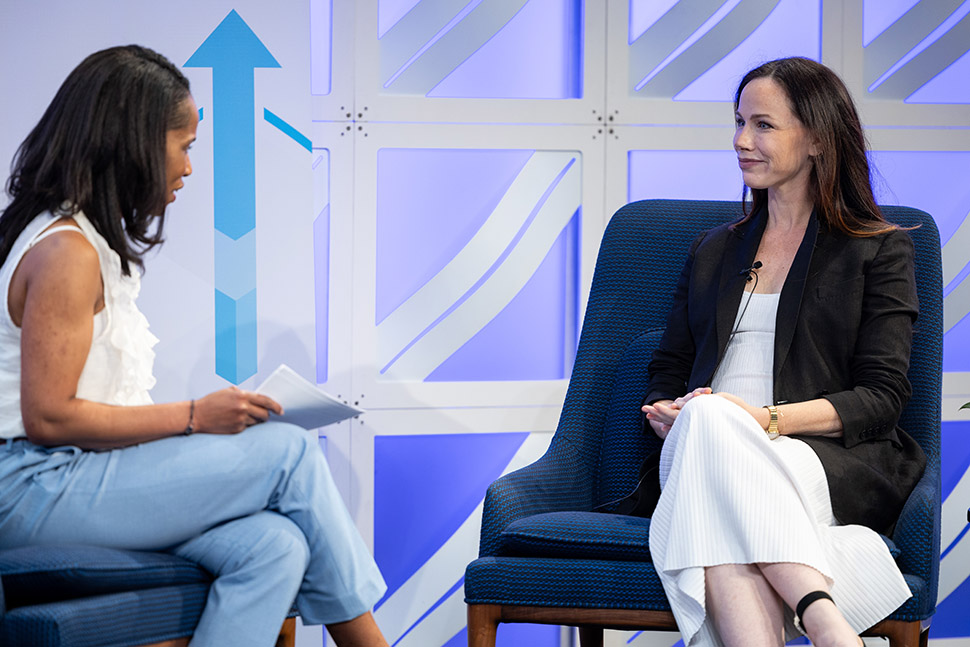

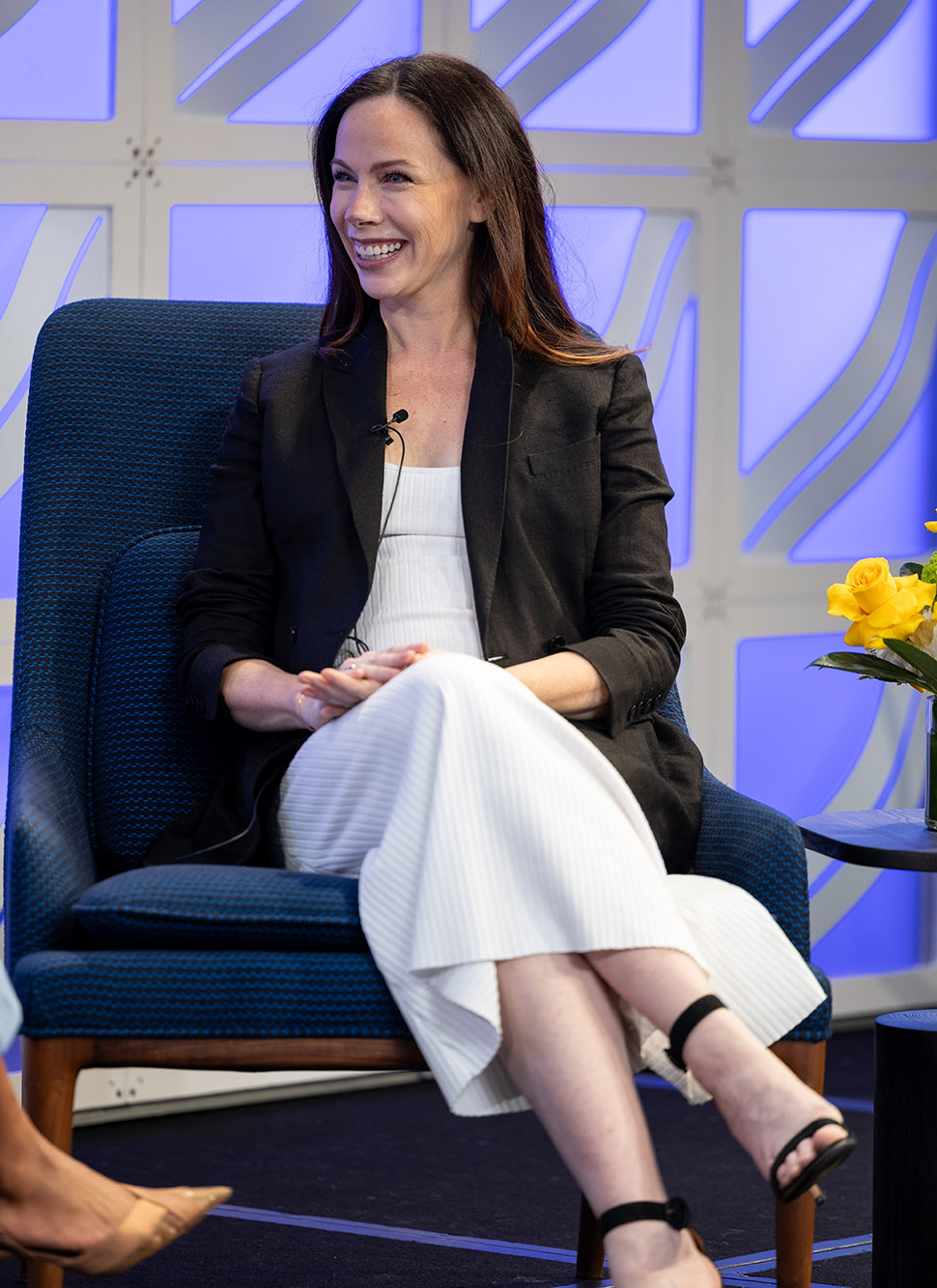

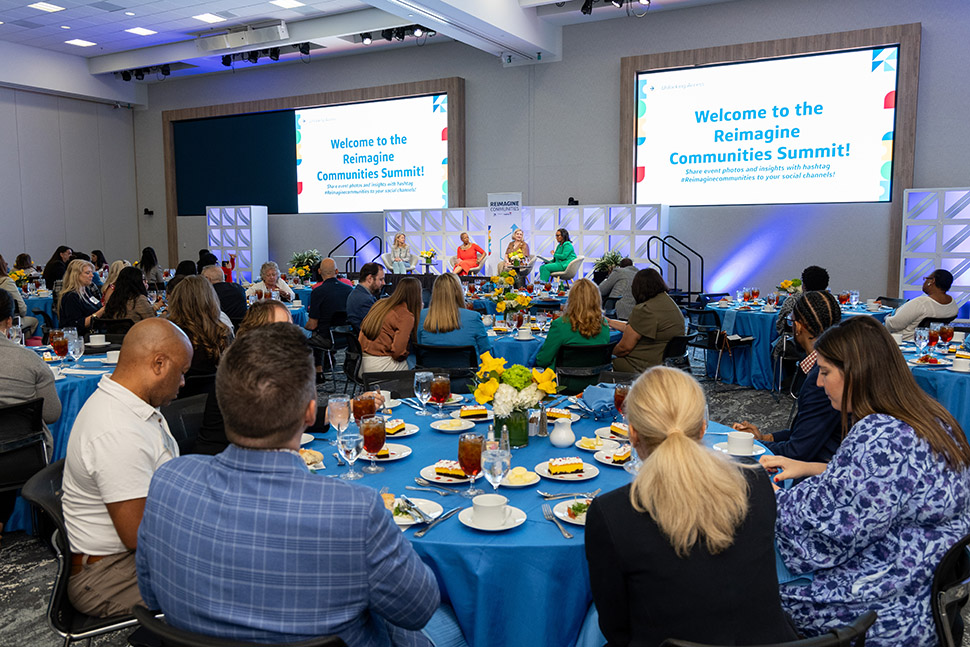
From right: Marissa Horne of Capital One moderated a conversation on leadership, access to opportunity, and innovation in nonprofit groups during a luncheon plenary panel with Trisha Cunningham of North Texas Food Bank, Hattie Hill of Hattie Hill Enterprises, and Lynn McBee of Young Women’s Preparatory Network.
Capital One is a Dallas Innovates Platinum Partner. “Reimagine Communities: The Keys to Unlocking Nonprofit’s Access to Opportunities” was written and edited by the Dallas Innovates content studio.
Get on the list.
Dallas Innovates, every day.
Sign up to keep your eye on what’s new and next in Dallas-Fort Worth, every day.

![Barbara Bush, co-founder and board chair of the nonprofit Global Health Corps, right, in conversation with Shena Ashley, vice president of Capital One community impact and investment and president at the Capital One Insight Center. [Photo: Capital One Reimagine Communities Summit 2024]](https://s24806.pcdn.co/wp-content/uploads/2024/06/CO.BarbaraBushPhoto3RCS.2024-crop.jpg)

